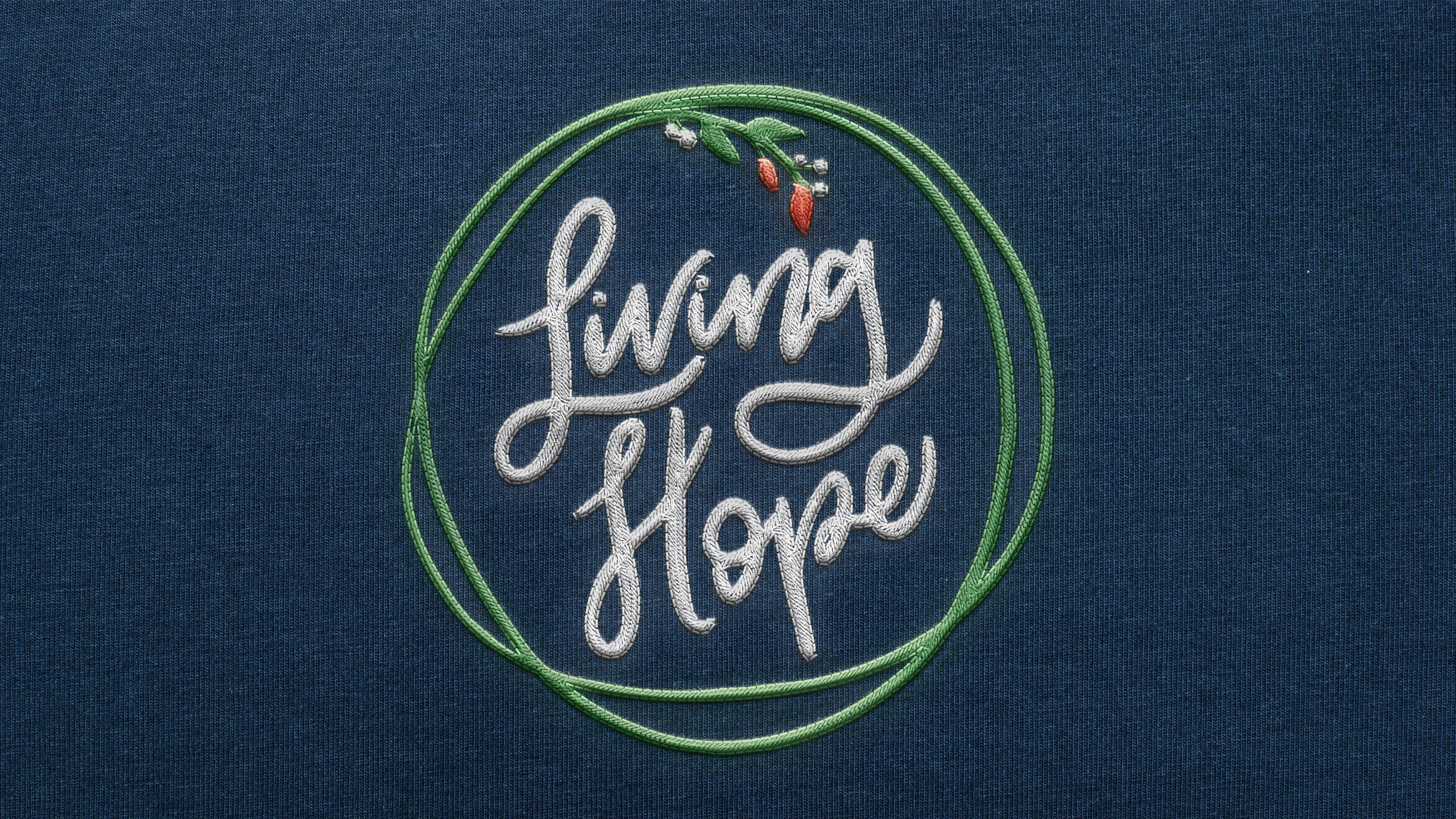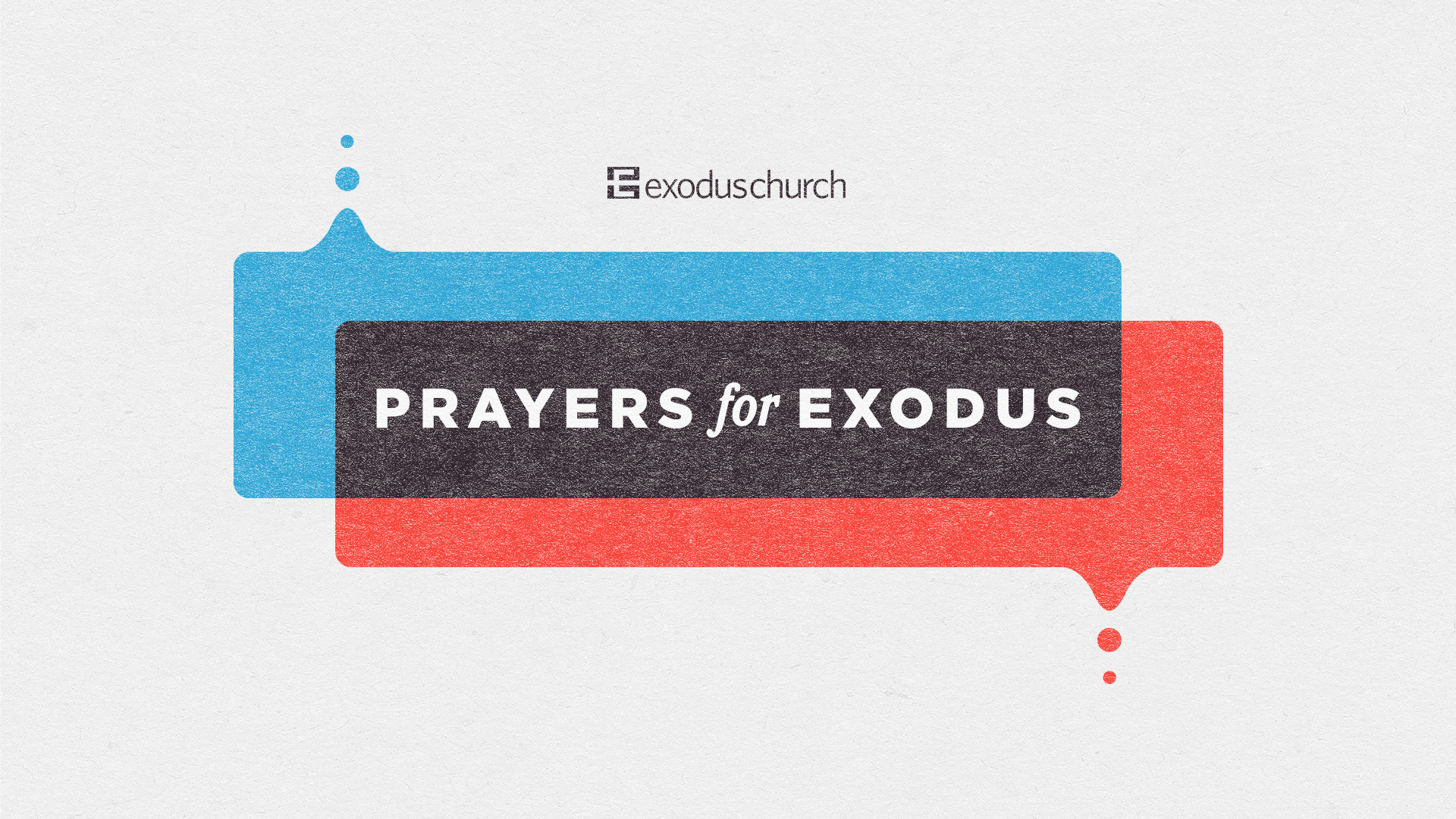I’ve been thinking recently about the source of conflict in our world and in our lives. What creates conflict around us? Why do we find ourselves in conflict with one another? Why is it that some people just grate on our nerves while others seem to get all the grace and compassion they need? I wish this were an objective, intellectual exercise that had nothing to do with my need to obey the commands of God’s Word. But, it’s not.
Source
As I look at my own heart, life and experience, the source of conflict for me is most often a collision of two spheres of competing sovereignty. There’s a sphere of my sovereignty where I want my way, interests and goals colliding with someone else’s sphere of sovereignty where they want their way. I want life to be about me, my interests, my desires and they want the same. This creates conflict.
Obviously, there are people in our lives with varying kinds of spheres. There are some who have bubble like spheres that can easily be molded by the desires of others. We say that they like to just go along and keep the peace. There are others who seem to have an adamantium sphere that doesn’t bend for anyone. And I suppose, there’s a continuum in between.
But, the bottom line in the conflict is that these spheres collide and the various sovereigns will either surrender, negotiate peace, or learn to love one another. If they don’t, war will break out.
Sovereigns vs. Subjects
Now, immediately we can see that there is a problem at the heart of the conflict. The problem is eons old and deeply rooted in our broken human nature; we think we are sovereigns rather than subjects. We think our interests, desires and plans are the highest value in every sphere. We want others to share that estimation in their sphere—particularly if their sphere is close to ours. We want to not only maintain our sovereignty, but recruit others around us who will join us in that quest.
But, we are not sovereigns; we are subjects of the Sovereign. As such, we are called to be subjects that are rightly submitted to our Sovereign and reflect His nature in the world. Conflict arises because rather than being fixed by the gravity of our Sovereign, we insist on spinning through our universe like asteroids insisting on our own gravity.
Submission
Philippians 2:3–4 is an excruciating passage to read when I am in conflict or when I feel that someone is impeding my sovereignty. I find that my heart does not quickly rejoice in submitting to this passage. Look at some of the crazy things it demands of us.
3 Do nothing from selfish ambition or conceit, but in humility count others more significant than yourselves. 4 Let each of you look not only to his own interests, but also to the interests of others.
- Do nothing from rivalry or conceit: That said nothing—and nothing means nothing. In other words, there is never a time where we should try to exalt ourselves over others or live with a pride that says we are sovereign over anything—at any point, in any area, or at any time.
- Count others more significant than yourself: He doesn’t tell me to count myself as insignificant. Rather, I’m to count others as more significant. I’m to value myself, but I’m also to consider others and their needs as more significant than my own.
- Look not only to my interests, but also to the interests of others: So, I’m not to be a doormat that never considers my interests, but my default mode is to consider others’ interests as primary.
When my sphere is being attacked or invaded, my tendency is not to obey these commands. The town crier of my sovereign kingdom screams against them. I want my way, my interests and my personal exaltation. I want to count myself more significant than others—and I want a band of people around me who will reflect that back to me.
But, as subjects of the Sovereign, we are called to more.
Sovereign Servant
Interestingly, the One who is Sovereign became a servant, even toward those who sought their own sovereignty. I think about the image of the disciples gathered in the Upper Room on the night Jesus was betrayed. James and John were there—the men who tried to assert their sovereignty by asking—or having their momma ask—for second and third chair in the Kingdom. Peter was there—the one who, in less than 24 hours denied Jesus three times. Judas was there—the one who betrayed the Sovereign for 30 pieces of silver. And yet, Jesus took a towel and served each of them in the culturally demeaning manner of washing their feet.
And Paul calls us to think like him in Philippians 2:5–8
5 Have this mind among yourselves, which is yours in Christ Jesus, 6 who, though he was in the form of God, did not count equality with God a thing to be grasped, 7 but emptied himself, by taking the form of a servant, being born in the likeness of men. 8 And being found in human form, he humbled himself by becoming obedient to the point of death, even death on a cross.
Here’s what Jesus did…
- Released His privilege of sovereignty: Rivers of ink have been spilt over how to explain that Jesus made Himself nothing. He remained Sovereign, but became a baby. He used his power to serve, feed, heal and forgive. But He never used it to advance His own needs, wants and interests. That was what the temptation in the desert was about. Jesus refused to wield His sovereignty (which is real) for His own interests.
- Became a servant: Paul tells us that He made himself nothing, taking the form of a servant. He never stopped being a sovereign, but rather than exerting that, He served others. This was an identity for Jesus, not simply a set of actions. He became a servant; he didn’t just do service.
- Humbled Himself by becoming obedient: Rather than insist on His way, He said, “Father, nevertheless what you will.” What humility! The One, true Sovereign who took on flesh humbled himself by becoming obedient. He obeyed his Father, the One to whom He rightly submitted.
And as subjects of the Sovereign, we are to have the mind of Jesus as we endure the conflict created by the collision of our sphere with others. So, if I am to model Jesus when my sphere collides with others—regardless of their response to me (Jesus didn’t wait for Judas to do it right)—I must follow His example. I must refuse to use my sovereignty (my position, power, privilege, etc.) for my own interests. Rather, I must use it for the interests of others in my relationships, my family, my church and community. I must become a servant, taking up the towel to do things that are not necessarily what I want to do, but what I’m called to do.
Finally, I must humble myself and be obedient. Obedient to count others as more significant than myself, regardless of how I feel about that. Obedient to look to the interests of others even when I only want to look at my own. I must surrender my sovereignty to His and live as a subject of His kingdom.
Slowly
To be very clear, I’m a work in progress on this. I have this rebel force in my soul that engages in insurgent warfare on a regular basis. Some days feel like an all out coordinated terror attack in my soul. Other days feel more like peacetime with minor skirmishes. Everyday, I must raise the white flag of surrender to my Sovereign. If I don’t, I will collide with others. I won’t try to serve them, but conquer and annex them to my kingdom rather than faithfully calling them to surrender to His.
Paul ends this passage with a reminder that there’s only One Sovereign to whom the whole world should bow. And, it’s not one of us.
One day, every knee will bow and every tongue will confess, Jesus Christ is LORD—Boss, Sovereign, Ruler.
9 Therefore God has highly exalted him and bestowed on him the name that is above every name, 10 so that at the name of Jesus every knee should bow, in heaven and on earth and under the earth, 11 and every tongue confess that Jesus Christ is Lord, to the glory of God the Father.
And on that day, we will enter a kingdom where we are all rightly surrendered to the Sovereign so that we can be rightly related to one another.
And, that will be a good day.




